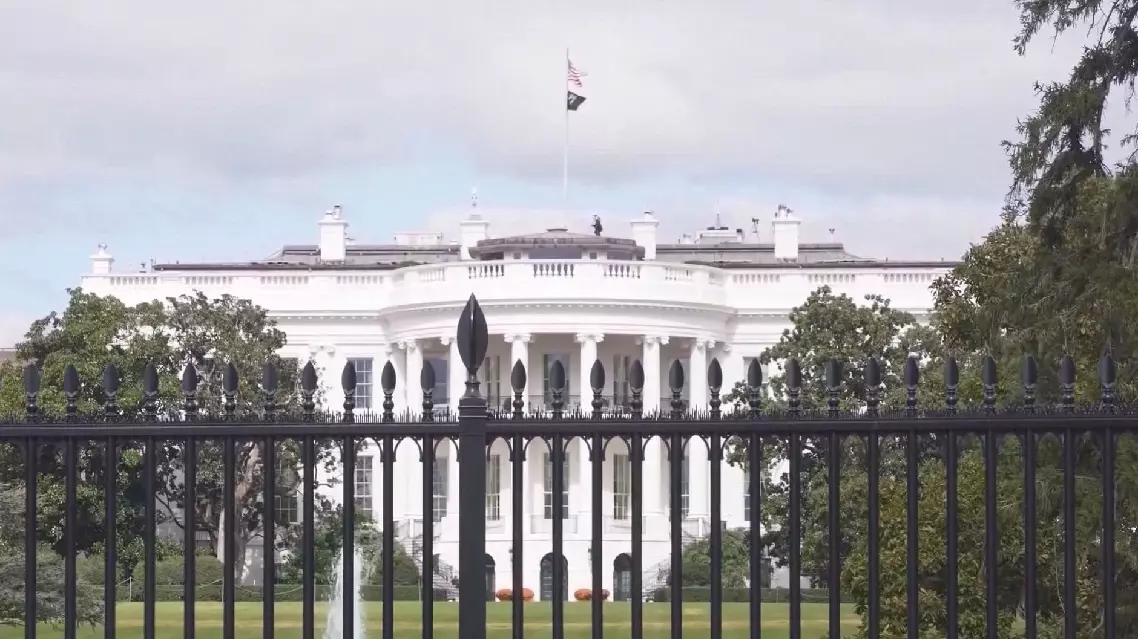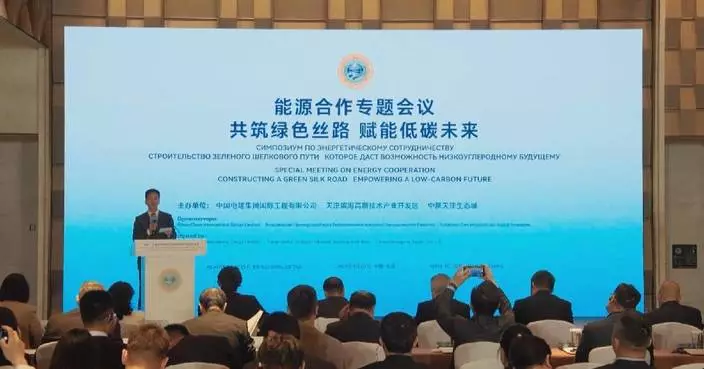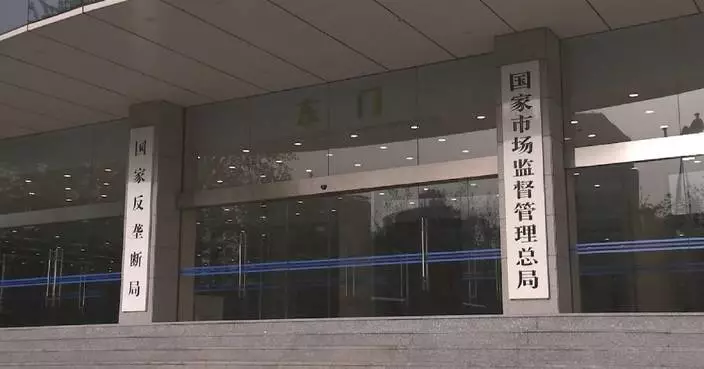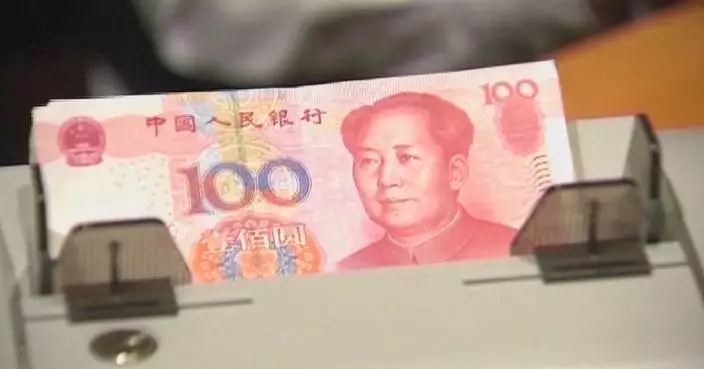Myanmar's earthquake survivor Ko San Lwin, who was trapped for nearly 125 hours under rubble before being saved by Chinese rescuers, reunited with his family on Saturday after receiving medical treatment at a local hospital.
Ko San Lwin, a 52-year-old truck driver, was in a particularly good mood as his doctor on Saturday told him that he recovered well and could be discharged from the hospital. After three days of rehabilitation treatment, he could finally share his nightmare of nearly 125 hours under earthquake debris with a little ease.
At about 17:40 local time on April 2, a Chinese rescue team successfully detected his whereabouts and rescued him from the destroyed Golden Country Hotel in Mandalay.
He said he was lucky as the fallen ceiling hit the bed and formed a narrow survival space for him after the devastating earthquake struck on March 28.
It was completely dark around him. Without knowing how long it had been, he stopped eating and planned to give up.
"I gave up and decided to fast, but later I heard two voices nearby. I found hope and decided to eat again," he recalled.
He finally heard the sound of the rescuers talking to him and carrying out their rescue work with an electric saw.
He said an interpreter communicated with him, so he knew from the beginning that it was the Chinese rescuers who saved him.
Ko San Lwin was treated in Mandalar Hospital, a private facility in Mandalay.
After the discharge from the hospital, Ko San Lwin and his wife planned to stay in Mandalay for one night, and then go home in the countryside to reunite with their sons.
Chinese rescue teams have saved nine people after the Myanmar earthquake occurred.

Myanmar earthquake survivor rescued by Chinese team reunites with family after treatment
The universal "reciprocal tariffs" imposed by the United States signals a decline in the U.S. economic dominance and dollar hegemony, as the country is attempting to extract excessive financial benefits from its trading partners, according to economists, who warn the Trump administration is playing a "dangerous game".
U.S. President Donald Trump last week signed an executive order on the so-called "reciprocal tariffs," imposing a 10-percent "minimum baseline tariff" before unveiling higher rates on certain trading partners. The policy sent shockwaves throughout the global economy and triggered panic on financial markets, with analysts warning of significant risks and dire economic consequences.
In an interview with the China Global Television Network (CGTN), Hong Hao, chief economist of the GROW Investment Group, a Shanghai-based hedge fund, said the tariffs reflect Trump's strategy to extract economic benefits from trading partners, particularly viewing China as a significant competitor. "Trump really believes that the trade terms with the trading partners have been unfair to the U.S., and as a result, the U.S. manufacturing sector has been hollowed out. Therefore, the U.S. is paying an excessive price for globalization, and now, it's time to pay back. I think, from this angle, he is trying to extract economic rent from its trading partners, and also he is trying to see China as one of the major U.S. rivals at this juncture. So, I think, as a result, he is playing a very dangerous game. And, as you can see, it's political theater in the sense that he is trying to dramatize the extreme pressure, so that he can get excessive rent from the opponent," he said
Trump's unilateral imposition of tariffs has eroded global confidence in the U.S. and its dollar's status, leading many to state that the American hegemony may not persist, according to Josef Gregory Mahoney, a professor of politics and international relations at East China Normal University.
"The U.S. economy is at an inflection point. There is a moment where the previous strategies being used to sustain American hegemony were no longer working. And, it's only a matter of time before the U.S. position erodes, given the fact that it's been a house of cards built on the dollar supremacy. And a lot of people don't see that as having a brighter future. This has moved past the theater stage and has moved really directly into one in which no one really has confidence in the U.S. anymore. No one has confidence in the dollar. No one has confidence in the U.S. being committed to the multilateral system, to global trade and so forth and so on," he said.

Trump playing "dangerous game" as tariff measures signal decline in U.S. dollar hegemony: economists






















































